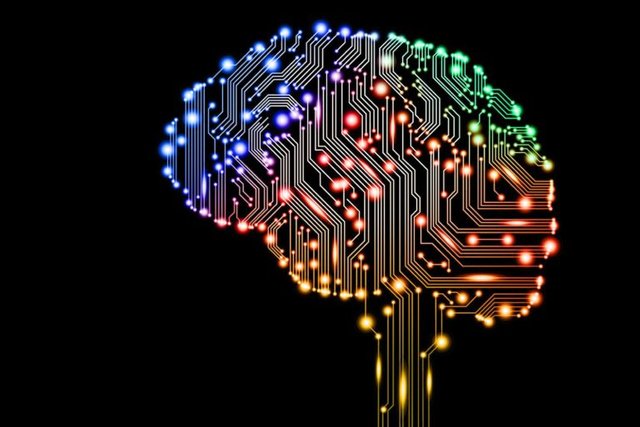IBM presents the artificial doctor, and is better than the real ones

IBM is wagering its future on Watson, the company's most advanced artificial intelligence; has already invested billions of dollars on the project, which since its inception in 2014 now has 10,000 employees at work for its realization.
Watson is so incredible and clever, which has already proven to be able to help doctors in complex camps like cancer diagnosis.
IBM is collaborating with Quest Diagnostics, offering its services to oncologists. Watson has already been employed by doctors for preliminary tests.
"This is the beginning of Watson's large-scale use in oncology," said John E. Kelly, vice president of some of IBM's research labs.
Technology, IBM says, has the potential to provide accurate and customized diagnosis to millions of cancer patients who today can not enjoy the best medical attention for often-economical issues as well.
It is estimated that today, as many as 14 million Americans live together with cancer every day.
The artificial intelligence market is predicted to grow rapidly, according to forecasts. It has also become the new "arena" of computer competition, with continuous innovations and proposals in the field of software algorithms.
The market - analysts say - will grow from 8 billion in 2016 to 47 billion in 2020 (IDC agency forecasts).
The business, experts say, is similar to internet technology in the 1990s - a field destined for incredible sectoral development. "Artificial intelligence will enter into everything. This is the future, "says Frank Gens, analyst at IDC.
How does Watson work?
Watson's strength is the ability to read and interpret words, called "natural language processing". Once activated and set, Watson can digest thousands of documents in minutes.
At the Faculty of Medicine of the University of North Carolina, Watson had to retrace 1000 cancer diagnoses made by experienced doctors in the oncology field; In 99% of cases, Watson recommended the same treatment of oncologists.
In 30% of cases, even Watson has identified treatment options that doctors did not consider. Some treatments were based on scientific articles that doctors had not read, and it is understandable: every year more than 160,000 scientific articles on cancer are published by the scientific community.
Other treatments identified by Watson were also reported in clinical trials published on the web that oncologists had escaped.
But Watson had read them all.



Nice Post @thecryptotrader . I wonder though if they are feeding it old incoventional wisdom from cultures that have natural ways of healing and treating cancers. I wonder what Watson would come up with if he had ALL information, not just articles and oncologist reports?
Have a great day, Cheers!! @steveblack